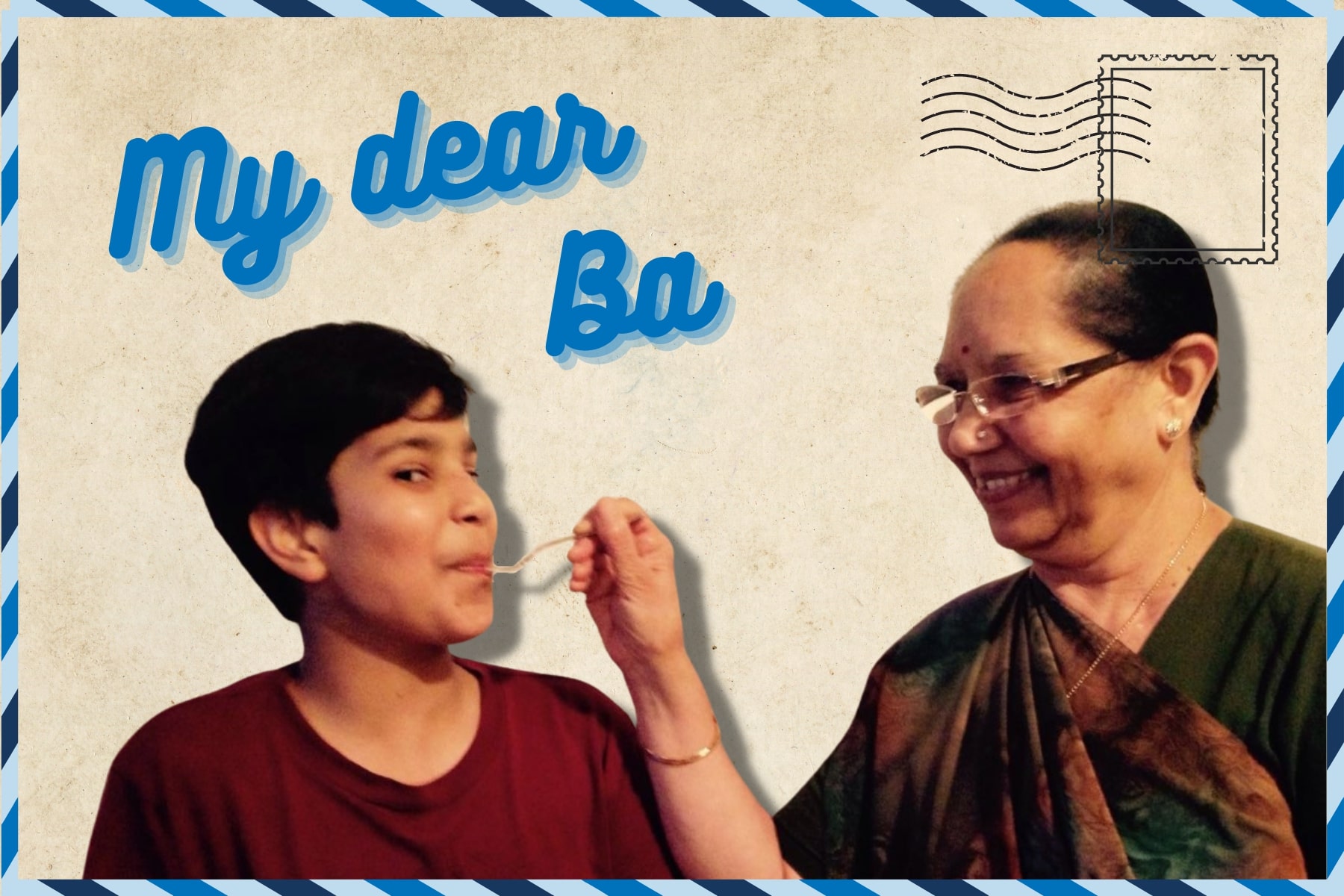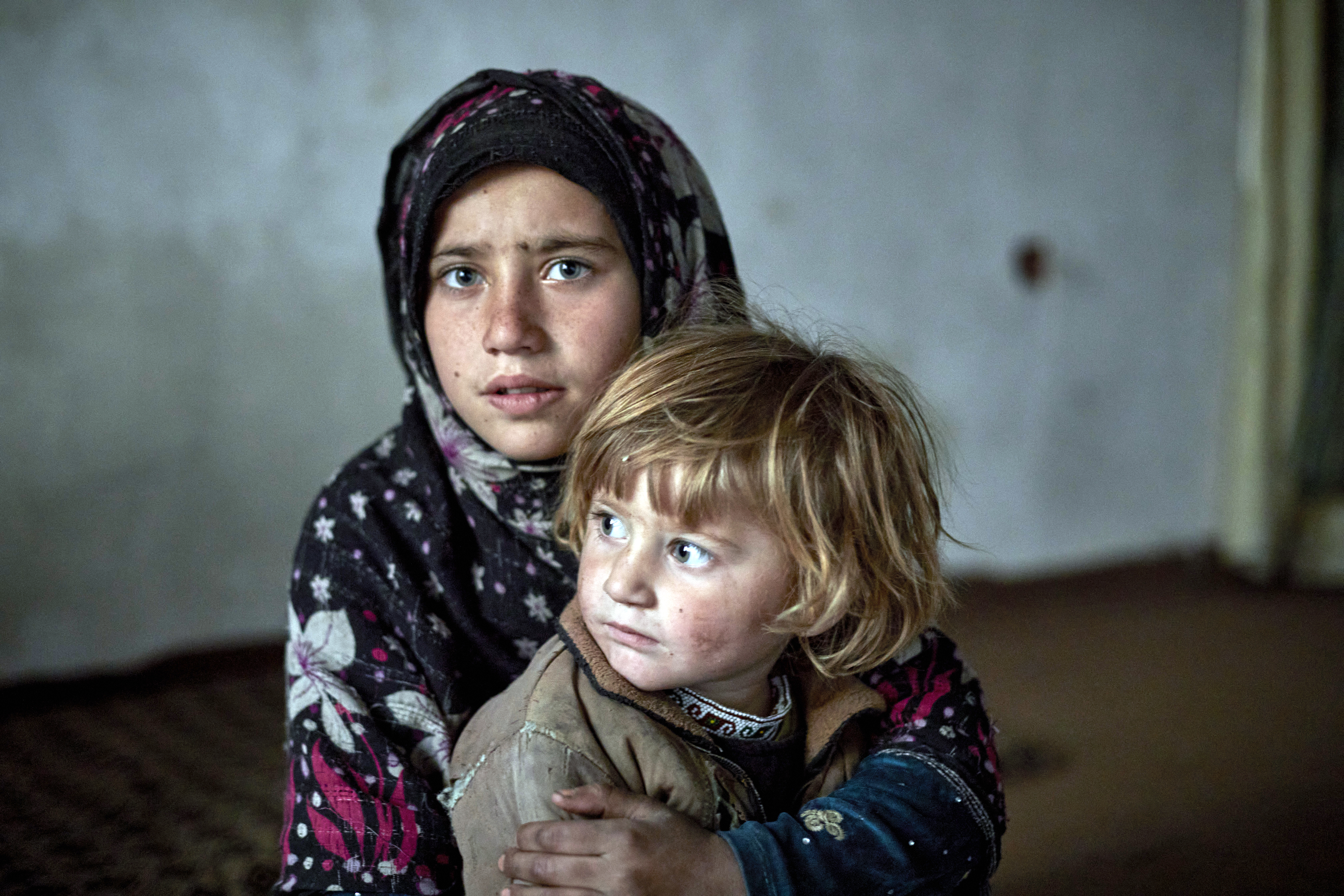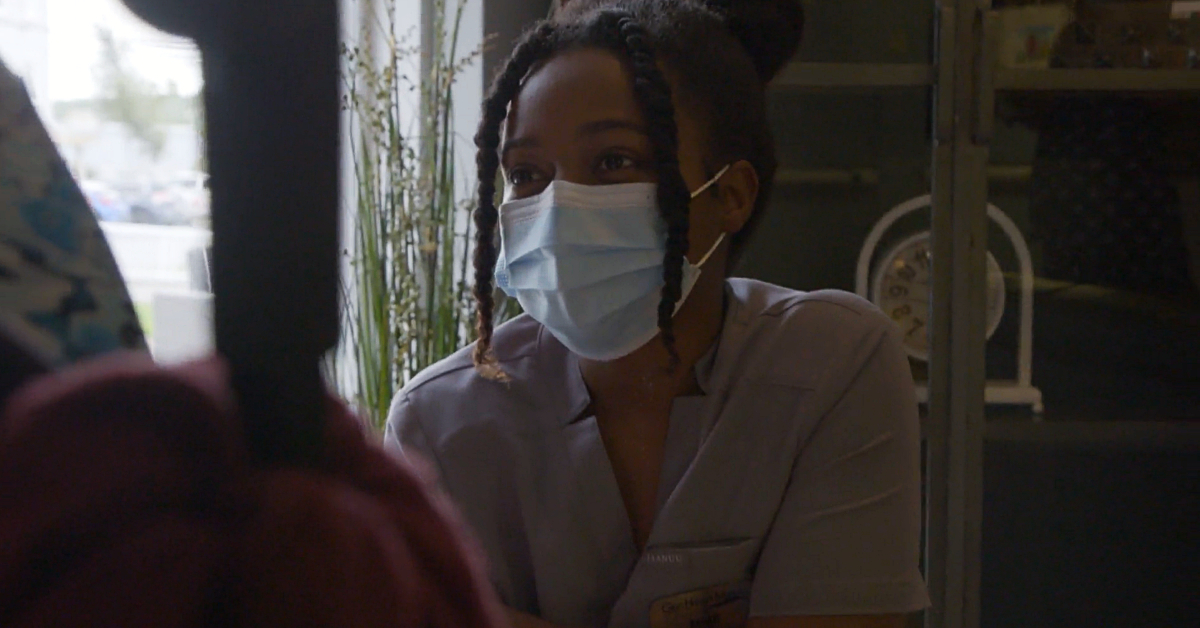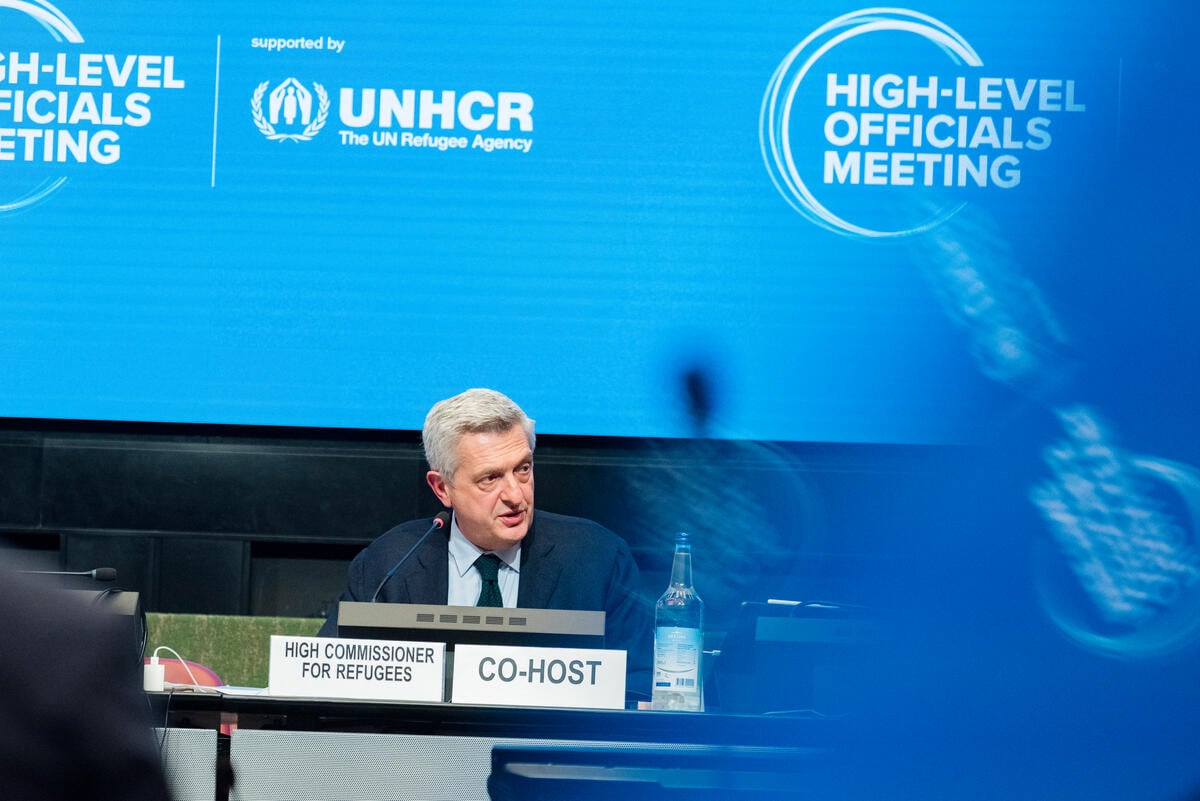A new home in Australia for refugees from West Africa's wars
A new home in Australia for refugees from West Africa's wars
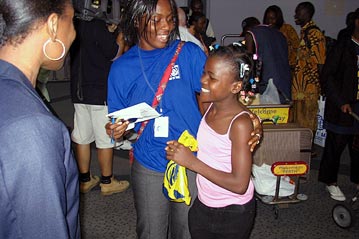
CANBERRA, Australia, Jan. 19 (UNHCR) - More than a decade on the run from West African wars have ended in smiles and safety on the other side of the world for 376 refugees from Liberia and Sierra Leone.
The refugee families - the majority headed by women - arrived in Australia earlier this week.
"Australia is one of the leading countries in the resettlement of this high needs group, reserving 10.5 percent of its quota each year for the women at risk category," said UNHCR Acting Regional Representative Johann Siffointe.
The group from Lainé refugee camp in Guinea - mainly Liberian nationals - was referred by UNHCR as part of Australia's annual quota of 6,000 resettled refugees, and part of a broader humanitarian programme of 13,000 entrants. They are the first group of over 1,000 refugees expected to arrive from Guinea over the next few months.
Of the 66 families that arrived in Australia this week, 57 are headed by women. All told, 165 adults and 211 children made the long journey from West Africa. Most are Liberian nationals, with the remainder from Sierra Leone.
Siffointe said most of the mothers are raising their families alone, after losing their husbands to war. A significant number were resettled under the Women at Risk programme - aimed at women who do not have the protection of a male relative and are in danger of victimisation and serious abuse because of their gender.
Australia introduced the Women at Risk visa class in 1989 in recognition of the priority given by UNHCR to the protection of refugee women in particularly vulnerable situations. About 5,000 Women at Risk visas have been granted since 1989.
The refugees have had to flee persecution two or three times. Typically, they fled the civil war in Liberia between 1990 and 1996 and settled in the Danané region of Côte d'Ivoire. In November 2002, rebels from Liberia and Côte d'Ivoire attacked that region and the refugees fled again to Guinea, among other places.
Lainé Camp, where temperatures reach upwards of 40 degrees Celsius, is located approximately 60 km north-east of Nzérékoré, an area in the hinterland of Guinea near to the borders of Liberia and Côte d'Ivoire. It is 950 km by road from the Guinean Capital, Conakry.
Welcoming the group to Australia, Immigration Minister Senator Amanda Vanstone said: "these people have endured horrifying experiences in Liberia, including witnessing executions of family members, rape, torture, destruction of homes and forced labour."
Added to this, she said, were "the trauma of fleeing civil war in Liberia in the 1990s; settling in Côte d'Ivoire, only to have to flee again as a result of rebel attacks, before reaching Guinea."
"While it is perhaps hard to really understand what these refugees have gone through, all Australians can be proud of our Refugee and Humanitarian Programme which offers a new home and a start in life to those people in most desperate need of resettlement," she said.
UNHCR's Siffointe said Australia was well placed to provide services to the new arrivals to help them adjust to their new home. "This group has lived in refugee camps since the 1990s with many of the children having lived in camps their entire life. Fortunately, Australia has developed excellent services for resettled refugees over the past five decades," Siffointe said.
Senator Vanstone said that the Australian Government's Integrated Humanitarian Settlement Strategy will help these refugees to become self-sufficient and participate in the community as quickly as possible.
This includes links to essential services such as social security, Medicare and banking as well as accommodation support, help in establishing a household and health and psychological services.
The group will be settled in five different states around Australia, including Western Australia (80), Victoria (97), New South Wales (100), South Australia (38) and Queensland (61). The numbers settled in each state reflect efforts by the Department of Immigration to maintain ties within the groups and to facilitate links with existing communities in Australia.

